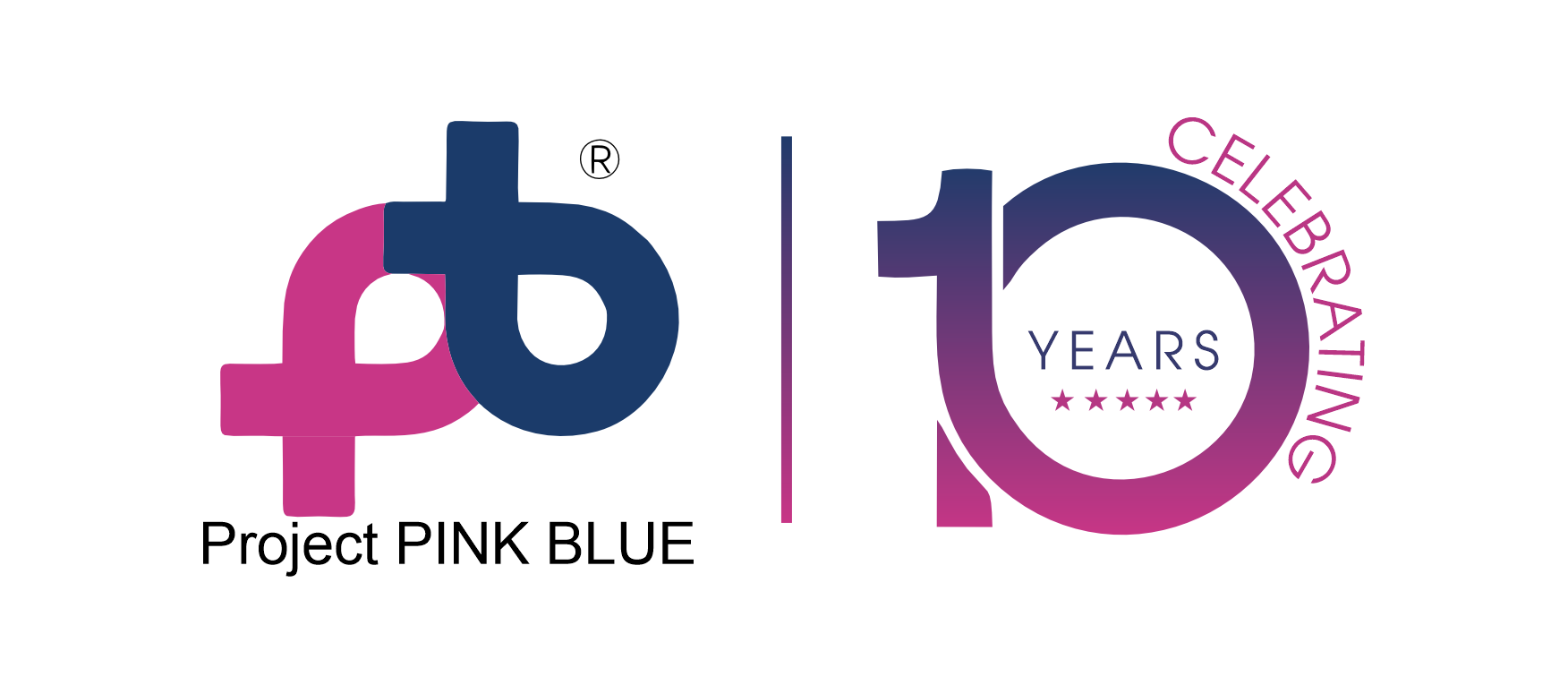
In Nigeria, cancer leads to over 79,542 deaths per annum (32,905 for male and 46,637 for female). This number is set to increase given that there are 127,763 new cases of cancer every year. The estimated incidence for breast cancer is (25.3%), cervix uteri (10.7%), liver (3.4%), prostate (14.1%) and colorectum (6.4%). While estimated mortality for breast cancer is (20.5%), liver (5.3%), prostate (14.4%), cervix uteri (8.9%) and colorectum (7.4%). Breast cancer is now the leading cancer death in Nigeria, while prostate cancer is the second and cervix uteri cancer is the third.
Incidence of cancer has been increasing in most regions of the world, but there are huge inequalities between developed and developing countries like Nigeria. Incidence rates remain highest in more developed regions, but mortality is relatively much higher in less developed countries due to a lack of early detection and access to treatment facilities. For example, WHO/IARC in 2022 asserted that in Western Europe, breast cancer incidence has reached more than 80 new cases per 100 000 women annually, compared with 31 per 100 000 in Eastern Africa. In contrast, breast cancer mortality rates in these two regions are almost identical, at about 15.4 per 100 000 in Western Europe and 17.6 per 100 000 in Eastern Africa, which clearly points to a later diagnosis and much poorer survival in Eastern Africa.
Over 70% of the cancer patients present late stages (III & IV) with few patients having access to the limited treatment facilities. More people are diagnosed with cancer at advanced stages because so many people in Nigeria believe that cancer is “white people’s disease”. While some strongly believe that cancer is usually sent to other people by magical power known as “juju” or a demonic attack and others believe that it is a punishment sent to humanity from the Supreme Being. Consequently, the women diagnosed with breast cancer would visit traditional healers and faith-based centres, where they believe that they can get a cure. Some of the women get an incision on the affected breasts, brainwashed never to accept that they are battling with cancer; rather, they should rebuke and employ the “not my portion” exclamation. After the series of visits to different traditional healers, they eventually reverse to the healthcare facility at a very advanced stage where only palliative care can be offered.
References
Chidebe et al., (2023). Promoting Cancer Prevention through World Cancer Day in Nigeria. Lancet Oncology
IARC/WHO POPULATION FACT SHEETS: NIGERIA https://gco.iarc.fr/today/fact-sheets-populations?population=566&sex=0
Adenipekun, A., Onibokun, A. Elumelu, T.N., Soyannwo, O.A. (2005). Knowledge and Attitudes of Terminally Ill Patients and Their Family To Palliative Care and Hospice Services in Nigeria. Nigeria Journal of Clinical Practice, June 2005, 8 (1): 19-22.
Report of workshop of National Headquarters of cancer Registry on National Cancer Control Programme (NCCP) for Nigeria, Dec 1992; 7-11.
https://gco.iarc.fr/today/en/dataviz/bars-compare-populations?mode=cancer&populations=910_926&group_populations=1&sort_by=value1&types=1
Ferlay, J., Ervik, M., Lam, F., Laversanne, M., Colombet, M., Mery, L., Piñeros, M., Znaor, A., Soerjomataram, I., & Bray, F. (2024). Global Cancer Observatory: Cancer Today. International Agency for Research on Cancer. Available from https://gco.iarc.who.int/today. Accessed 18 February 2025.
